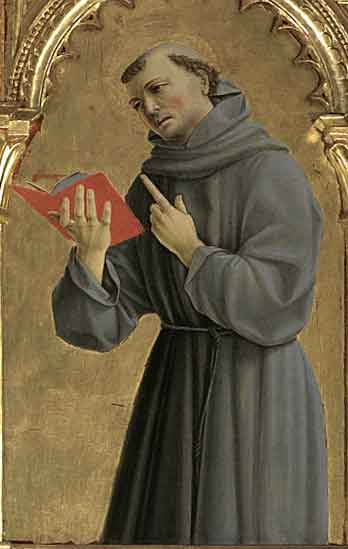Podcast: Play in new window | Download (Duration: 4:17 — 2.9MB) | Embed
Subscribe: Apple Podcasts | Spotify | Amazon Music | Android | Pandora | iHeartRadio | JioSaavn | Podchaser | Gaana | Podcast Index | Email | TuneIn | Deezer | Anghami | RSS | More
St Benedict of Nursia, abbot
Put Christ before everything
From the Holy Rule
(Prologus 4-22; cap. 72, 1-12: CSEL 75, 2-5, 162-163)Whenever you begin any good work you should first of all make a most pressing appeal to Christ our Lord to bring it to perfection; that he, who has honored us by counting us among his children, may never be grieved by our evil deeds. For we must always serve him with the good things he has given us in such a way that he may never, as an angry father disinherits his sons or even like a master who inspires fear, grow impatient with our sins and consign us to everlasting punishment, like wicked servants who would not follow him to glory.
So we should at long last rouse ourselves, prompted by the words of Scripture: Now is the time for us to rise from sleep. Our eyes should be open to the God-given light, and we should listen in wonderment to the message of the divine voice as it daily cries out: Today, if you shall hear his voice, harden not your hearts; and again: If anyone has ears to hear, let him listen to what the Spirit is saying to the churches. And what does the Spirit say? Come my sons, listen to me; I will teach you the fear of the Lord. Hurry, while you have the light of life, so that death’s darkness may not overtake you.
And the Lord as he seeks the one who will do his work among the throng of people to whom he makes that appeal, says again: Which of you wants to live to the full; who loves long life and the enjoyment of prosperity? And, if when you hear this you say, I do, God says to you: If you desire true and everlasting life, keep your tongue from evil and your lips from deceit; turn away from evil and do good; seek peace and pursue it. And when you have done these things my eyes will be upon you and my ears will be attentive to your prayers; and before you call upon my name I shall say to you: Behold, I am here. What could be more delightful, dearest brothers, than the voice of our Lord’s invitation to us? In his loving kindness he reveals to us the way of life.
And so, girded with faith and the performance of good works, let us follow in his paths by the guidance of the Gospel; then we shall deserve to see him who has called us into his kingdom. If we wish to attain a dwelling-place in his kingdom we shall not reach it unless we hasten there by our good deeds.
Just as there exists an evil fervor, a bitter spirit, which divides us from God and leads us to hell, so there is a good fervor which sets us apart from evil inclinations and leads us toward God and eternal life. Monks should put this fervor into practice with an overflowing love: that is, they should surpass each other in mutual esteem, accept their weaknesses, either of body or of behavior, with the utmost patience; and vie with each other in acceding to requests. No one should follow what he considers to be good for himself, but rather what seems good for another. They should display brotherly love in a chaste manner; fear God in a spirit of love; revere their abbot with a genuine and submissive affection. Let them put Christ before all else; and may he lead us all to everlasting life.
COLLECT
O God, who made the Abbot Saint Benedict
an outstanding master in the school of divine service,
grant, we pray,
that, putting nothing before love of you,
we may hasten with a loving heart
in the way of your commands.
Through our Lord Jesus Christ, your Son,
who lives and reigns with you in the unity of the Holy Spirit,
one God, for ever and ever.
Excerpts from the English translation of The Liturgy of the Hours (Four Volumes) © 1974, International Commission on English in the Liturgy Corporation. All rights reserved.

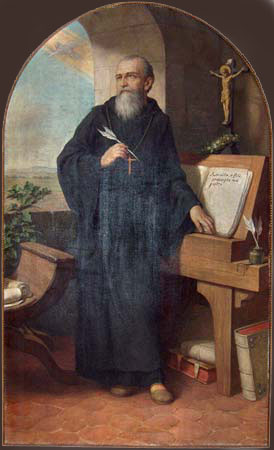
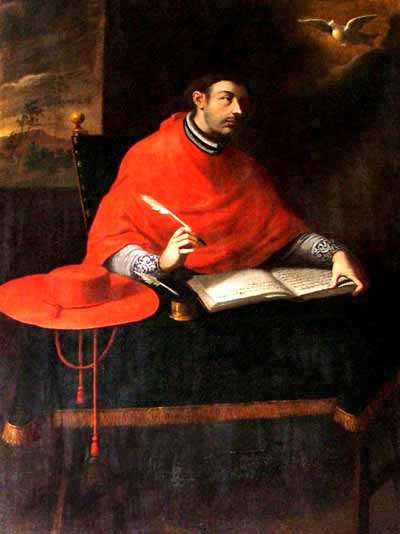


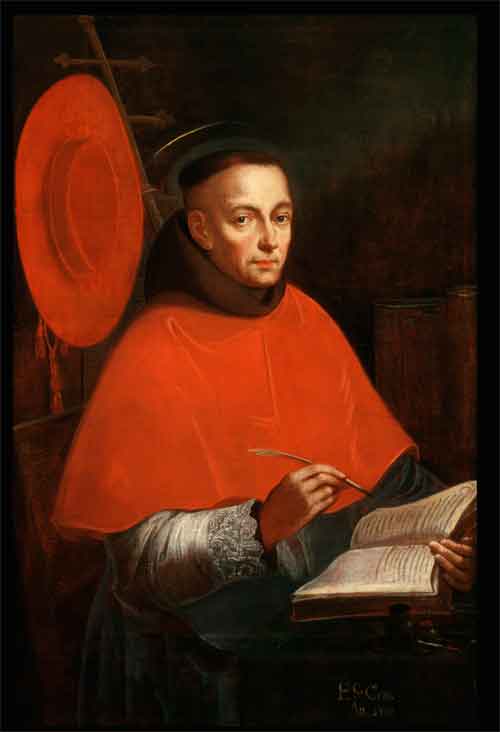
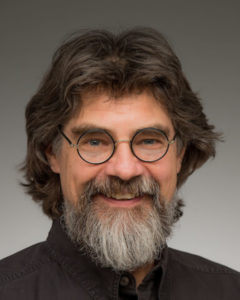




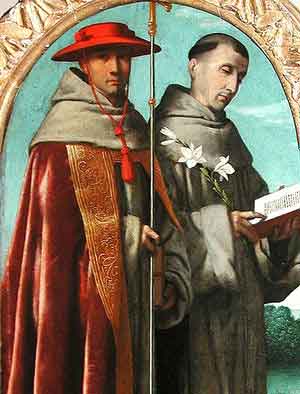


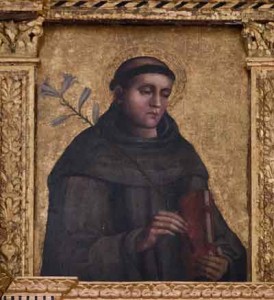
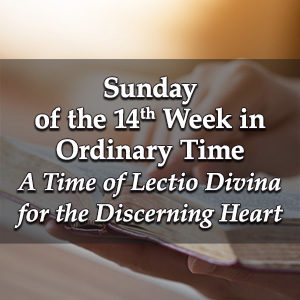 Sunday of the Fourteenth Week in Ordinary Time – A Time of Lectio Divina for the Discerning Heart Podcast
Sunday of the Fourteenth Week in Ordinary Time – A Time of Lectio Divina for the Discerning Heart Podcast